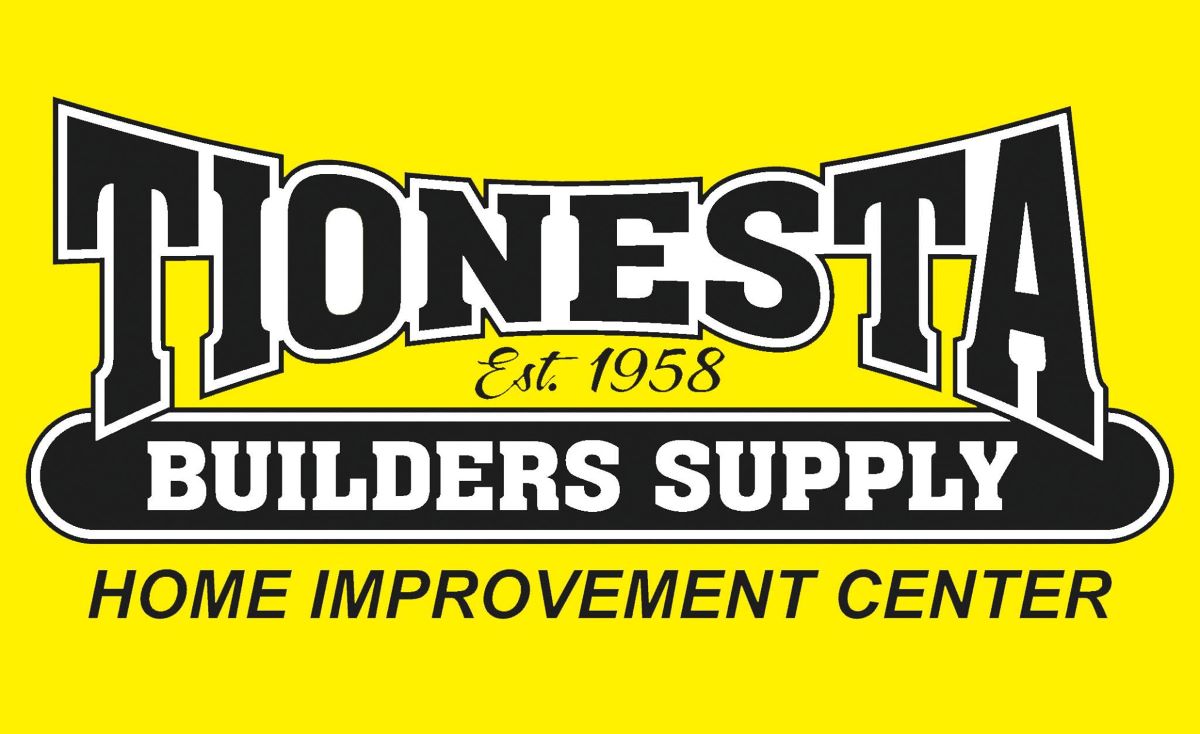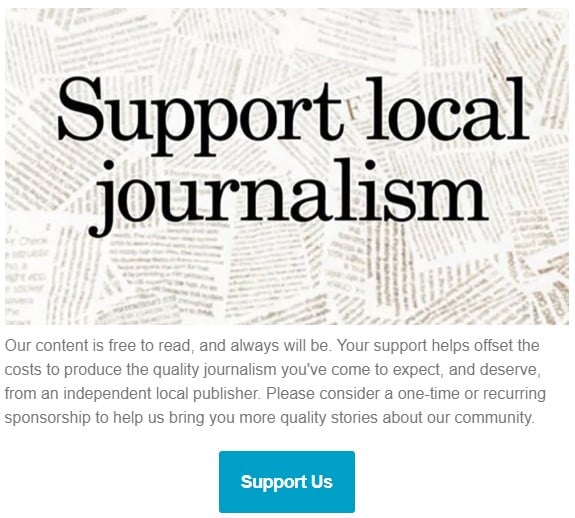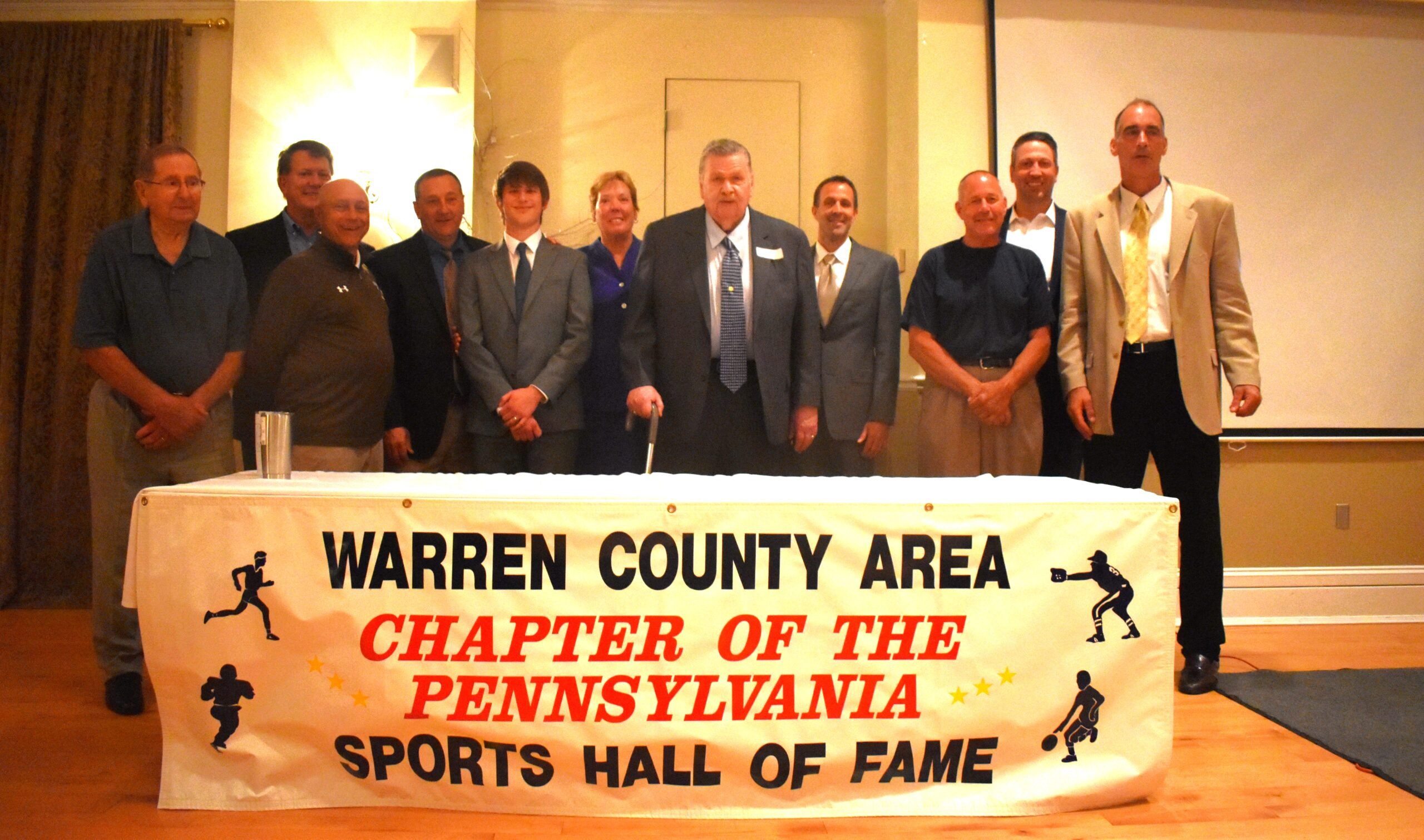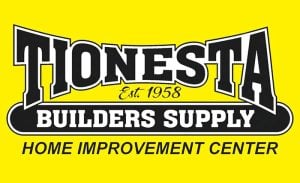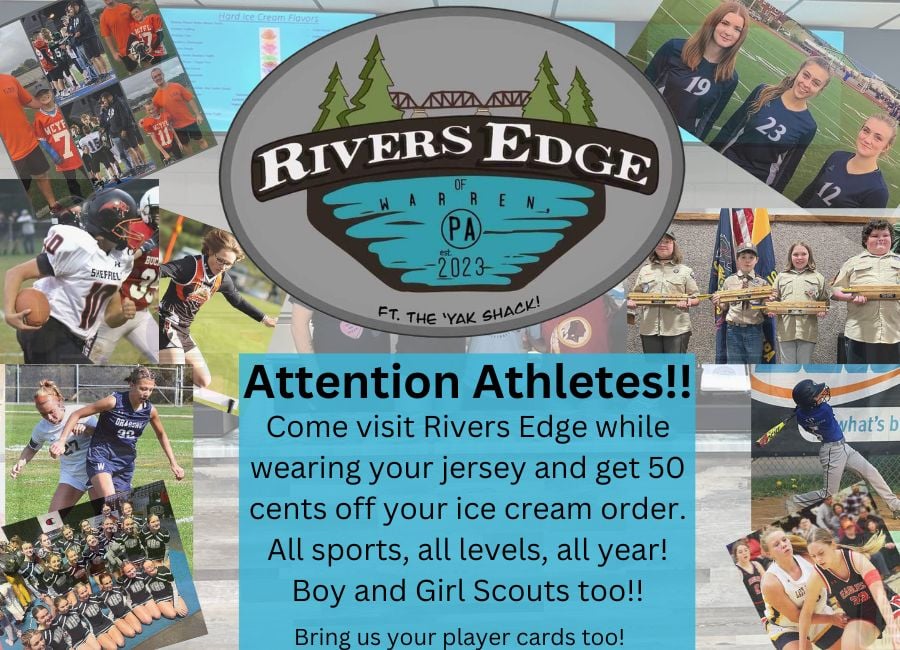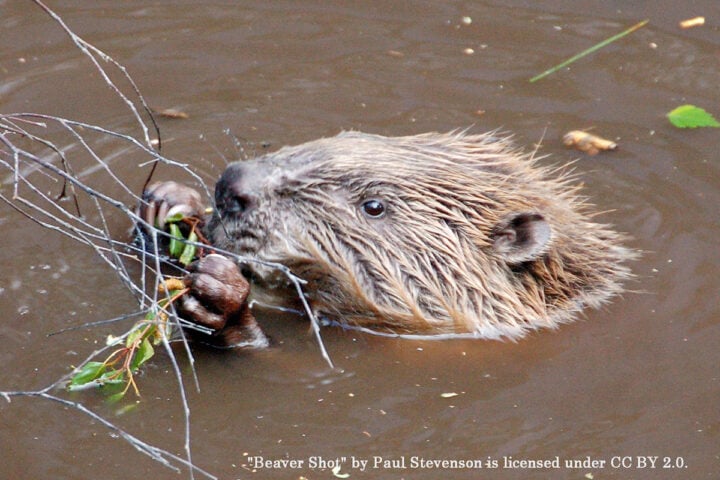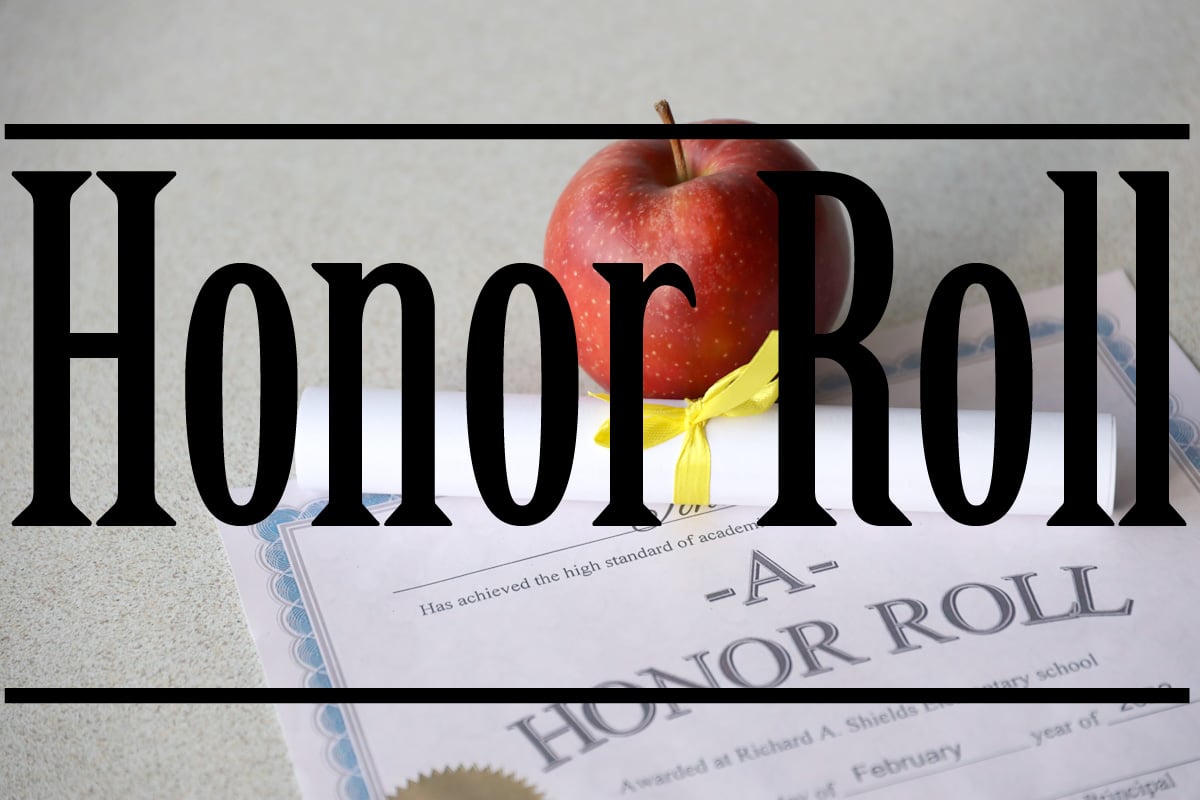For the last 10 years of my working career, I did a lot of programming. I closed out my career as an Automation Specialist. It was the third and last step from computer programmer through quality assurance testing.
Each step involved some amount of programming. As a programmer, I developed several simulators to test ATM and Point of Sale transactions.
As a quality tester, I developed a program to automate results logging. This was quite sophisticated integrating output of MS Word, MS Access, MS Excel, and a few other applications in addition to my own work. My program would take system logs and generate reports in Word documents. Testers could specify text to highlight in up to 16 different colors. The reports added automatic tables of contents and bookmarks linking sections of logs in the report to other sections of the report. A typical document was about 400 pages long and thoroughly documented test results in case our work was audited.
As a tester and automater, I developed an automation program that integrated a lot of different tools to create and execute tests, record results in an application called Quality Center, etc. I always included a copyright notice internally in my programs. Of course, this was probably toothless because the programs were developed in the process of my job and doubtless owned by the company for which I worked. This is called ‘work for hire’, meaning that the copyright actually was owned by my employer who paid for my work. Nevertheless, all of my work included the following message:
© xxxx by e.g.bell All Rights Reserved
‘xxxx’ was the year of the copyright. I updated this each year.
Before I became a professional computer programmer, I worked as a freelance programmer selling many programs to computer magazines/publishers. These were my Commodore days and publishers like Ahoy! paid programmers for unique work. I made several thousand dollars in this way. I did not note these as copyrighted. I was selling them, but I was also doing work separate from this that I intended to sell on my own. That work never came to completion, but while I was about that work, I researched copyrights, trademarks, and patents. Each has some level of protection for authors/creators. Patents and trademarks are beyond the scope of this article, and in fact, were of no interest to me back then. What I learned about copyrights was interesting though.
‘Copyright is a type of intellectual property that protects original works of authorship as soon as an author fixes the work in a tangible form of expression.”
You do not need to DO anything beyond creating something to have copyright to your work. There is no cost for a copyright. It exists when your work is created. It exists for each iteration of your work. If you are writing a poem, a book, a story, or a newspaper article, you own the copyright to that article and each iteration or development step.
You can’t copyright a name or a title. “Forest County Bell” cannot be copyrighted as a title or a phrase. The same goes for “Making Waves”, “Veterans Corner”, or “Life, Liberty, and Library”.
What rights does a copyright give a creator?
- Reproduce the work in copies or phonorecords.
- Prepare derivative works based upon the work.
- Distribute copies or phonorecords of the work to the public by sale or other transfer of ownership or by rental, lease, or lending.
- Perform the work publicly if it is a literary, musical, dramatic, or choreographic work; a pantomime; or a motion picture or other audiovisual work.
- Display the work publicly if it is a literary, musical, dramatic, or choreographic work; a pantomime; or a pictorial, graphic, or sculptural work. This right also applies to the individual images of a motion picture or other audiovisual work.
- Perform the work publicly by means of a digital audio transmission if the work is a sound recording.
These rights are good for the life of the author. Plus 70 years.
As I mentioned above, you don’t have to do anything to own a copyright for your work, other than create a work that can be copyrighted. The copyright itself is automatic. However, if you think it might ever be necessary to take legal action to protect your copyright, there is a further step you need to take, namely registering your copyright. This is NOT mandatory for ownership of a copyright. There is a procedure for this, and also a fee. It can only be done through the Copyright Office of the United States government.
I am extremely proud of the programs I wrote for my employer. They were very sophisticated and widely used by programmers, testers, certification analysts, and contractors of several different companies working for my employer across the country and in other countries as well. My programs were very popular and a lot of people insisted on using them even after new tools were required for the work we did. I knew there was a commercial value to them as I wrote and used them and supported them across teams. It did cross my mind that I might be able to use the ideas and my experience to create similar programs for sale after I left my employer. It also bothered me that others might steal my code or ideas to develop competing tools. That all played into my including a copyright notice in the metadata of my programs. I still always knew that legally I was probably on shaky ground as far as ownership. Untenable position. “Work for hire…”. Paid by my employer.
While copyright clauses were not much legal use in my situation, there are other cases where copyrights are relevant to me. They might be of interest to you as well if you are a poet, songwriter, author, etc., and are looking to sell your work. If you don’t foresee any legal issues with selling/protecting your work, though, you can forego the ‘© ….. All Rights Reserved’ notice. The copyright is there from the minute your work becomes your work.
















